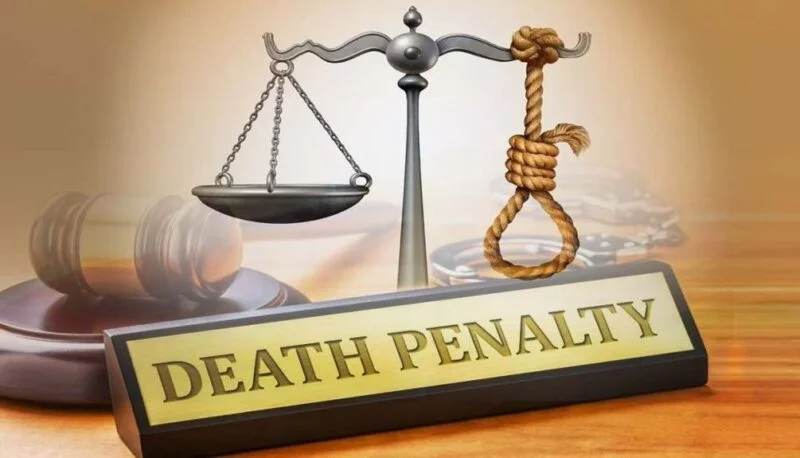On Thursday, May 9, Nigeria’s Senate proposed harsher punishments for drug trafficking, suggesting the death penalty as the maximum sentence.
This would replace life imprisonment, which was previously the toughest punishment. Nigeria, with a population of over 200 million, has evolved from being just a transit point to becoming a major producer, user, and distributor of illegal drugs.
Opioid abuse, especially of tramadol and cough syrups containing codeine, is widespread. The National Agency for Food and Drug Administration and Control (NAFDAC) banned codeine syrup in 2018 to combat this issue.
While cannabis is grown locally, other drugs like cocaine and methamphetamine are trafficked into the country, worsening addiction problems. The Senate’s proposal, based on a report, aims to discourage drug traffickers by threatening them with the death penalty.
However, some lawmakers are worried about the death penalty because it cannot be undone and there is a risk of executing innocent people.
The bill, which was earlier passed by the House of Representatives without the death penalty clause, now needs to be reconciled between the Senate and House versions before it can be sent to the president for approval.
The proposed law highlights Nigeria’s ongoing struggle with drug-related issues, which have been growing over the years. The country’s shift from a transit route for drugs to a significant player in drug production and consumption has created a serious public health crisis.
The widespread use of opioids like tramadol and codeine-containing syrups has led to increasing addiction rates, particularly among young people.
Despite efforts like the 2018 ban on codeine syrup, the problem persists, with many turning to other substances like methamphetamine and cocaine.
The Senate believes that introducing the death penalty for drug trafficking could serve as a strong deterrent, making potential traffickers think twice before engaging in illegal drug activities.
However, the proposal has sparked debate, as the death penalty is a very severe measure, and some worry that it could lead to irreversible mistakes, especially in cases of wrongful convictions.
Lawmakers who are cautious about the death penalty argue that there should be more focus on preventing drug abuse and providing rehabilitation for those struggling with addiction.
They believe that tackling the root causes of drug use, such as poverty, lack of education, and unemployment, would be more effective in the long run.
As the Senate and the House of Representatives work to reconcile their versions of the bill, the outcome will determine whether the death penalty becomes part of Nigeria’s strategy to combat drug trafficking.
If the bill is passed with the death penalty provision included, it will mark a significant shift in Nigeria’s legal approach to drug-related crimes.
The final decision now rests with the president, who will need to consider both the potential benefits and the ethical concerns of such a drastic measure.





















